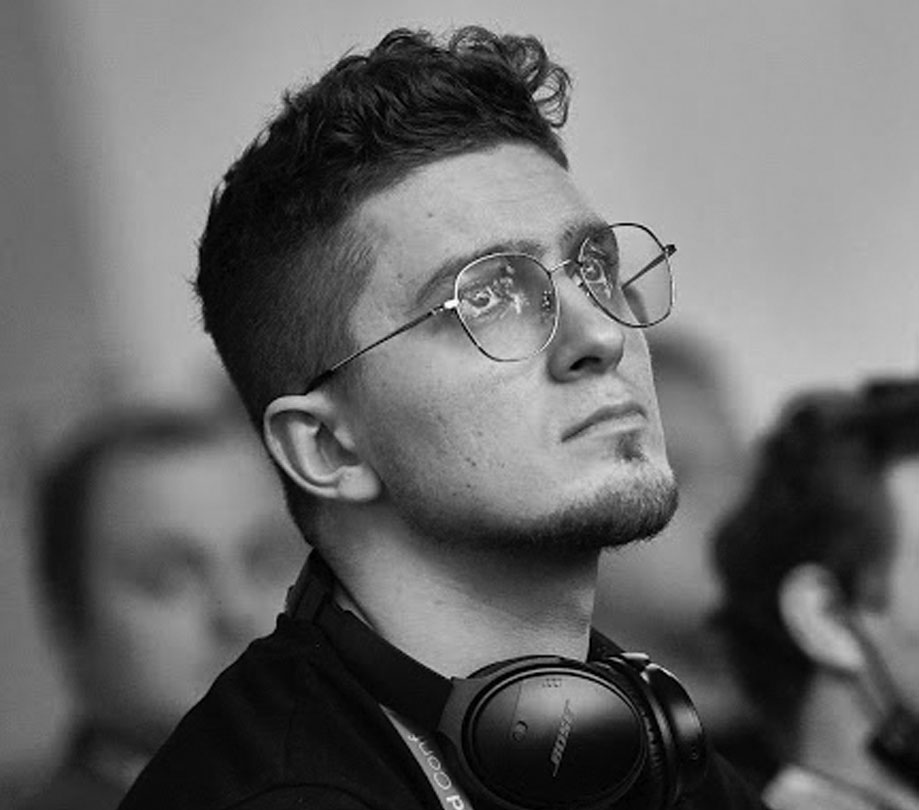ISRAEL’S foreign minister has warned of an “all-out war” with Hezbollah after blaming the militant group for a rocket attack in Golan Heights.
The missile hit a village in the Israel-occupied region on Saturday evening, killing 12 young people including children.

Israeli Defence Forces (IDF) quickly pointed fingers at Iran-backed Hezbollah, who operate out of southern Lebanon.
Hezbollah, a staunch supporter of terror-group Hamas, has launched renewed attacks against Israel since war broke out in the Gaza Strip in October last year.
Israeli Prime Minister Benjamin Netanyahu summoned a crunch meeting of his security cabinet following the attack and vowed revenge on the group.
The IDF has been gearing up for a possible full-blown conflict with Hezbollah for years as fears of war breaking out in the region swirl after Saturday’s escalation.
READ MORE ON GOLAN HEIGHTS HIT
Flights going into Lebanon have been axed and four countries have told their citizens to leave the country.
Netanyahu rushed back from a trip to the US to respond to the strike with pictures showing him huddled around a table of military advisors on Sunday.
Israeli foreign minister Israel Katz told Channel 12 after Saturday’s attack that “Hezbollah has crossed all the red lines here, and the response will reflect that”.
He warned: “We are nearing the moment in which we face an all-out war.”
Hezbollah has “categorically denied” any involvement after months of tit-for-tat exchanges across the Lebanon border.
Adrienne Watson, US National Security Council spokesman, said on Sunday: “This attack was conducted by Lebanese Hezbollah.
“It was their rocket, and launched from an area they control. It should be universally condemned.”
Civilians who are not part of Israeli military or Hezbollah have died on both sides of the border as a result of fighting between the two.
Netanyahu vowed that Hezbollah would “pay a heavy price” for the hit.
He said that it would be unlike any consequence they’ve suffered before during a call with the leader of the Druze community.
Golan Heights, annexed by Israel in 1981, is a community where more than half of its residents are of the Druze faith.
The missile hit a football field in a Druze village, Majdal Shams.
It came hours after Israel struck a Hezbollah target in Lebanon, killing four militants.
The IDF also struck another school in Gaza on Saturday, which they say was being used by Hamas as a base for its operations, killing 30 and wounding some 100 more.
After the rocket hit on Saturday evening, Israel said it retaliated by striking Hezbollah targets “deep inside Lebanese territory”.
Israel’s Defence Forces (IDF) have been gearing up for a possible invasion by Hezbollah – and preparing to defend against one – for years.
The militant group is thought to have 30,000 to 50,000 fighters and between 120,000 and 200,000 missiles, rockets, attack and reconnaissance drones.
They operate mostly out of southern Lebanon.
Lebanon’s government condemned “all acts of violence and attacks against all civilians,” on Saturday.
It called for “an immediate cessation of hostilities on all fronts” in a statement, according to national media.
Groups who are “loyal to Iran and Lebanese Hezbollah are evacuating their points south of Damascus, Quneitra, and West Kalmon in anticipation of Israeli attacks”, The Syrian Observatory said.
Four countries urged their citizens to leave Lebanon as quickly as possible on Sunday following the escalation.
Saudi Arabia, France, Norway and Sweden all pushed for an evacuation as Lebanon braces for an attack, Al-Monitor reports.
Turkish Airlines and Air France also cancelled all of their flights on Sunday evening to and from Lebanon’s major airport, Beirut–Rafic Hariri, according to reports.
Middle East Airlines, Lebanon’s national flight carrier, also delayed some journeys from outside the country to Beirut until Monday morning.
Six flights from London, Copenhagen and elsewhere in the Middle East had their departure times pushed from Sunday evening to Monday.
On Sunday Turkey bizarrely threatened to invade Israel amid the dramatic flare up in tensions between Hezbollah and the IDF.
Turkish President Recep Tayyip Erdogan, speaking about a dispute involing Libya and a region called Nagorno-Karabagh, said: “Just as we entered Karabakh and Libya, we will do the same to Israel.
Erdogan has been a vocal critic of Israel’s actions in Gaza, and said: “We must be very strong so that Israel can’t do these things to Palestine.”
The Israeli military released images of the rocket reportedly used in Saturday’s attack, comparing it to an Iranian model.






























Discussion about this post